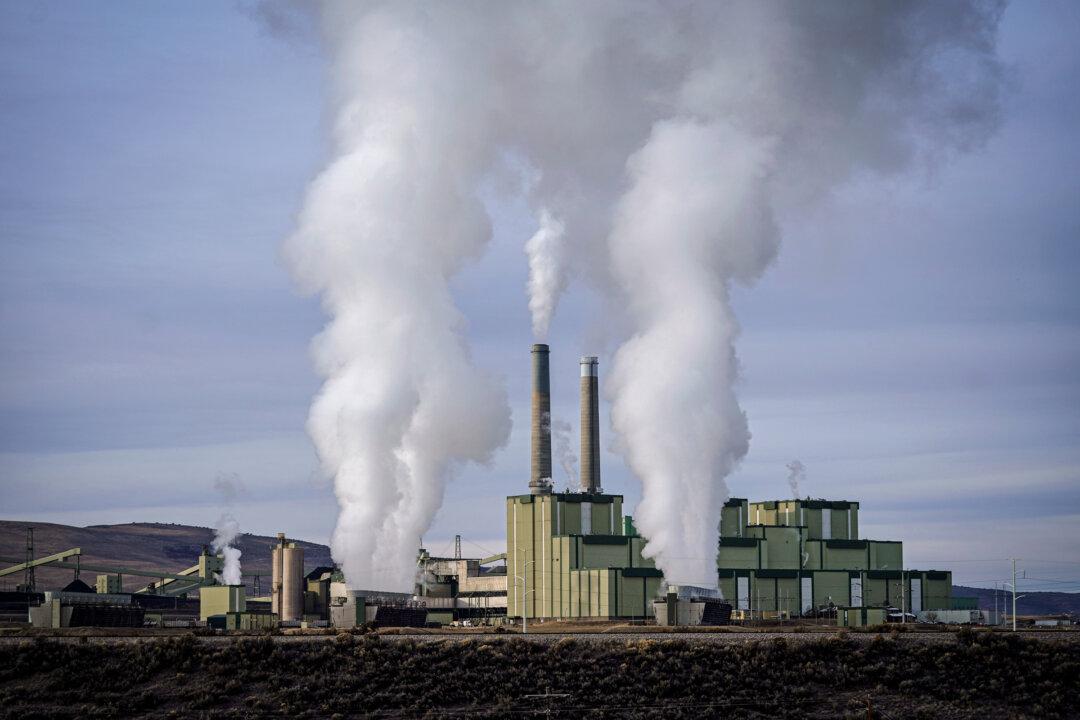The Biden administration has proposed ending new coal leasing on federal lands and underground mineral reserves in the Powder River Basin in northeast Wyoming and southeast Montana, the largest coal-producing region in the United States.
The U.S. Bureau of Land Management (BLM) published two proposed plans on Thursday that would prevent companies from applying for new coal mining rights on federally owned lands in the area that covers more than 13 million acres across the two states.




